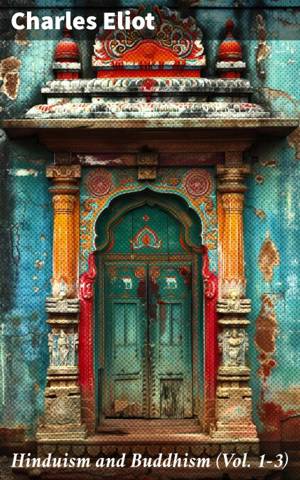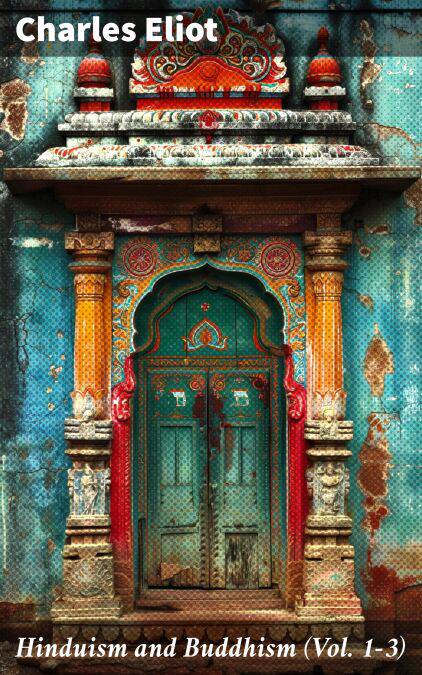
- Afhalen na 1 uur in een winkel met voorraad
- Gratis thuislevering in België vanaf € 30
- Ruim aanbod met 7 miljoen producten
- Afhalen na 1 uur in een winkel met voorraad
- Gratis thuislevering in België vanaf € 30
- Ruim aanbod met 7 miljoen producten
Zoeken
Hinduism and Buddhism (Vol. 1-3) E-BOOK
An Historical Sketch (Complete Edition)
Charles Eliot
E-book | Engels
€ 0,49
Uitvoering
Omschrijving
In 'Hinduism and Buddhism' (Vol. 1-3), Charles Eliot masterfully navigates the intricate tapestry of these two influential religions, presenting an insightful exploration of their philosophical underpinnings, historical evolution, and cultural contexts. Written in a clear and engaging prose style characteristic of early 20th-century scholarship, Eliot's work stands out for its systematic approach and depth of analysis. He delves into the foundational texts, key figures, and core beliefs of both faiths while also situating them within the broader landscape of world religions, thereby fostering a comprehensive understanding of their distinct yet interwoven identities. Charles Eliot's scholarly background and profound interest in Eastern philosophies significantly shaped his approach to 'Hinduism and Buddhism.' Having served as the president of the University of California and held various academic positions, Eliot's exposure to diverse cultures and philosophies led him to undertake this work. His commitment to fostering intercultural understanding is apparent, as he sought to demystify these religions for a predominantly Western audience, bridging gaps in knowledge and appreciation. This work is highly recommended for scholars, students, and anyone intrigued by the complexities of Hinduism and Buddhism. Eliot's rigorous analysis not only enhances knowledge but also encourages readers to appreciate the rich spiritual traditions that continue to resonate worldwide.
Specificaties
Betrokkenen
- Auteur(s):
- Uitgeverij:
Inhoud
- Aantal bladzijden:
- 1352
- Taal:
- Engels
Eigenschappen
- Productcode (EAN):
- 8596547782186
- Verschijningsdatum:
- 17/12/2023
- Uitvoering:
- E-book
- Beveiligd met:
- Digital watermarking
- Formaat:
- ePub

Alleen bij Standaard Boekhandel
Beoordelingen
We publiceren alleen reviews die voldoen aan de voorwaarden voor reviews. Bekijk onze voorwaarden voor reviews.







